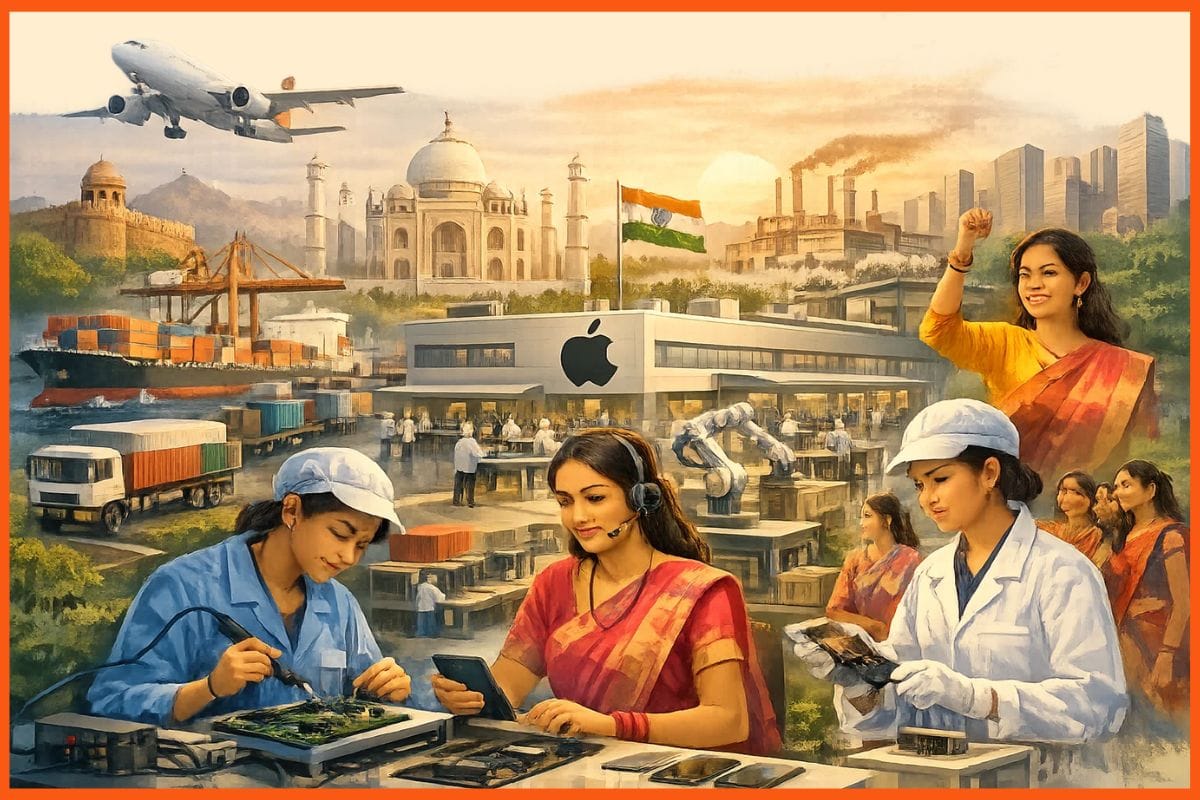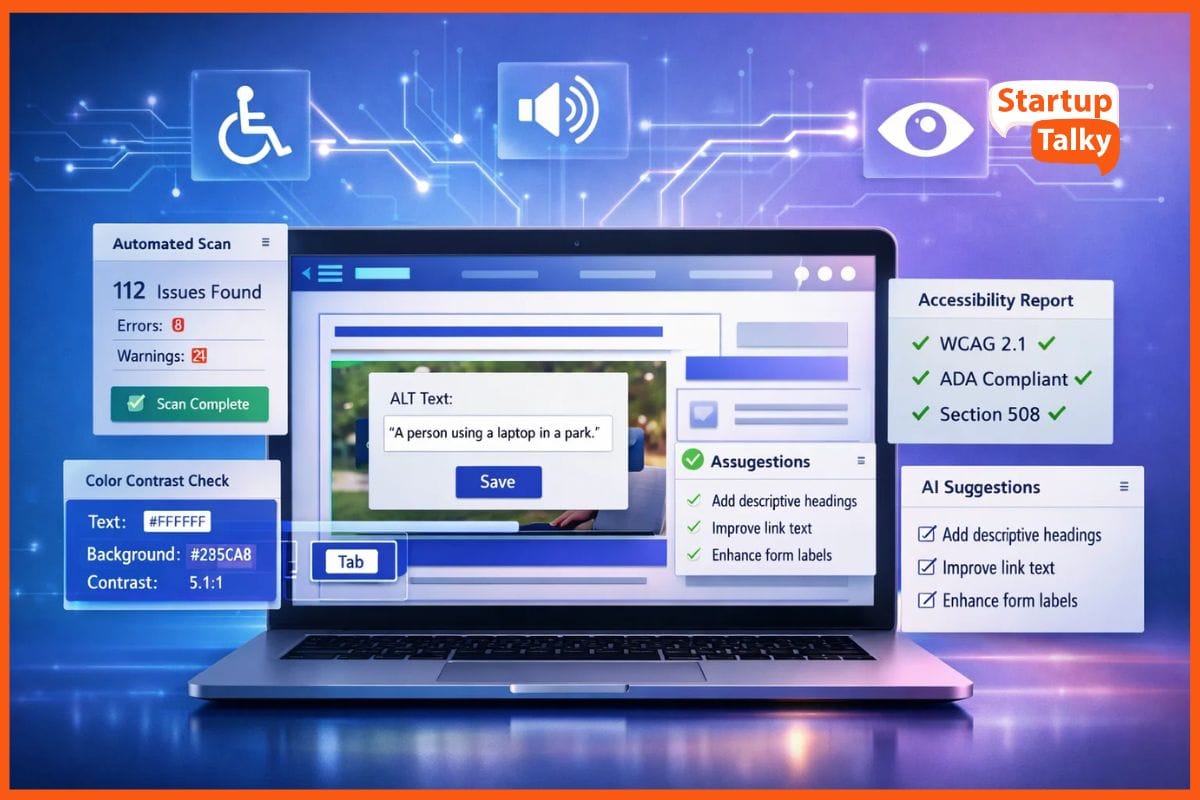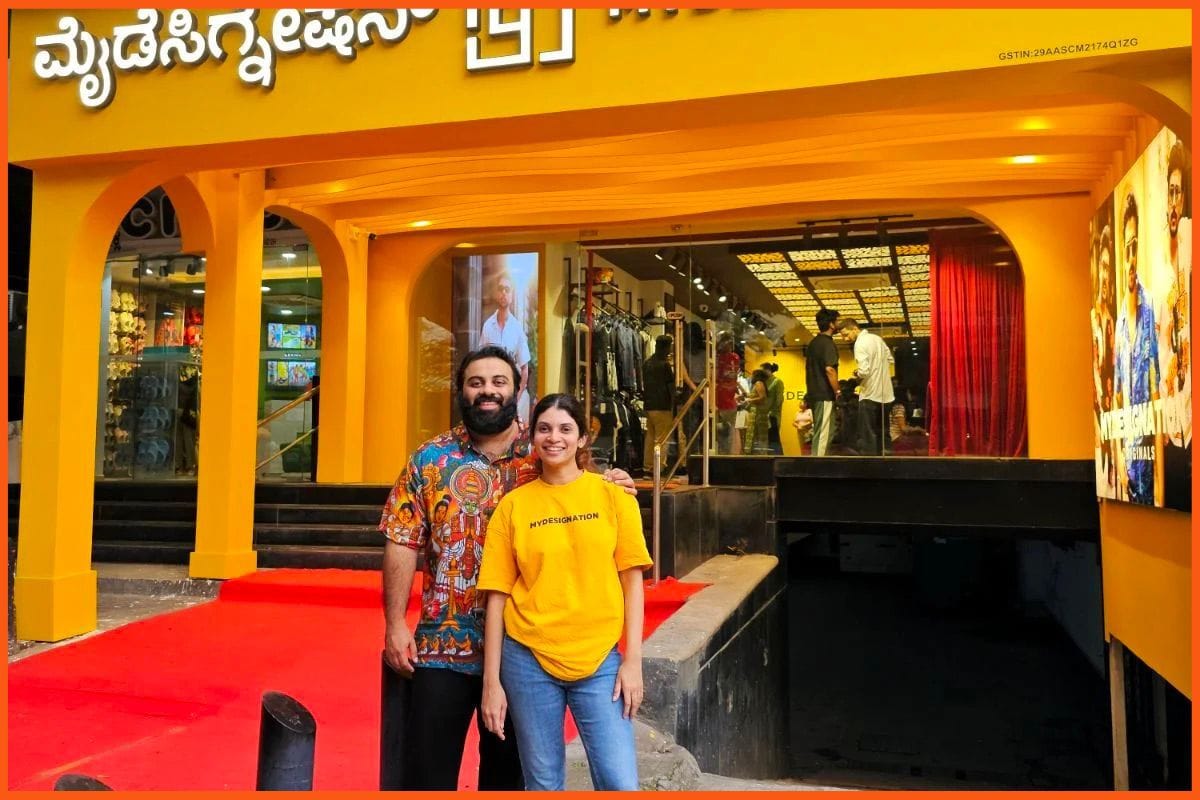How AI, Big Data, and IoT Revolutionise Personalised Diet Plans in Healthcare
✍️ Opinions
This article has been contributed by Sajeev Nair, Founder & Chairman, Vieroots.
It has been thousands of years since both the Eastern & Western medical systems discovered that “one man’s food may be another man’s poison”. But the modern health & wellness movement has turned to personalised diet plans recently, owing mainly to two developments.
The obvious failure of generic diet plans to effect weight loss and prevent diseases in many people made doctors and researchers think hard about what they might be missing, which eventually led to the development of truly personalised diet plans like the DNA-based weight loss program.
However, the impact of personalised diets is equally important outside of the weight loss objective. For instance, it has been proven that personalised diets, or better put their lack, determine whether various lifestyle diseases are triggered, as well as impact the physical, emotional and cognitive performances through the principles of nutrigenomics.
This nutrigenomic impact is not just of the fleeting kind, where you take some food beneficial for you personally, and you feel either energetic or lethargic. It runs deeper, and for the long term, as not only does your genes or DNA affect how various foods are metabolised in your body, but the various foods you consume affect your genes in return, with the potential to affect both disease development and longevity, either positively or negatively.
The Rise of AI and Big Data
Wearables in Action
AI-Powered Coaching
Super-Apps and Smartphone Solutions
Shaping the Future of Healthcare
The Rise of AI and Big Data
The shift towards personalised diet plans in recent years has been aided by the rapid technological development in various fields including artificial intelligence, big data analytics, block chains, generational AI and the internet of things. For instance, DNA-based weight loss programs and epigenetic lifestyle management have been made possible only in recent years, as AI and data analytics provided the tools to crunch the huge volume of genetic & metabolic data of each client, to arrive at breakthrough insights.
Wearables in Action
The tech adoption has accelerated with the advent of health trackers and wearables, especially in a networked or connected mode, as in IoT. Today, not only can wearables like a continuous glucose monitor or a smart ring or a smart watch or a super app give you round the clock surveillance of your health parameters, but can also send these health vitals easily to a personal lifestyle coach for tailor-made and fine-tuned advice.
When it comes to personalised diet plans, either for weight loss or better disease management and prevention, one of the most useful wearables is the Continuous Glucose Monitor (CGM). Most often implemented as a CGM patch that you wear discreetly on the back of your arm and whose output you can view on your smartphone or specialised devices, it enables you to track real-time changes in your blood glucose levels in response to eating specific foods, as well as to lifestyle interventions like exercise, yoga, meditation, breath work and more.
AI-Powered Coaching
The latest CGMs and its software, like from Vieroots, can throw up a lot of insights for both the wearer as well as their lifestyle coaches. These insights often vary from person to person too. For instance, eating a dessert before meals is better for glucose management in many people, while going for a short walk immediately after a meal was helpful in many for keeping the glucose spikes under control.
Smart rings, another emerging health wearable, complement a CGM in amazing ways. Today, a stylish smart ring like the Vieroots Halo ring that you wear 24X7 on your finger can provide an array of health tracking functions including heart rate variability (HRV), oxygen saturation (SPO2), body temperature, and various vitals about stress, movement & sleep. And it is not only your lifestyle coach who is empowered on your behalf by the sophisticated inputs from such devices. For example, there are personal devices that can give a wealth of information to your physician or cardiologist. For instance, the KardiaMobile 6L from AliveCor that Vieroots has introduced in India is a pen-drive-sized 6-lead personal ECG machine that can detect six risky arrhythmias of the heart.
If you are prone to such cardiac conditions, you can carry it in your pocket, take readings whenever you feel like it, either at home or office or while travelling, and send the results across to your doctor for him to provide you with perfect medical advice.
The advent of generational AI programs like ChatGPT has unleashed an era of automated health coaches, in the health & wellness domain. Coupled with precise movement tracking sensors, this has given rise to personal fitness coaching programs that run on a smartphone, that give you step-by-step advice while you exercise all your moves. ChatGPT-like programs in the health-tech domain can also provide diet and nutrition advice, but these should be judiciously chosen, ideally by a certified lifestyle coach, as this tech is still nascent and prone to errors.

Super-Apps and Smartphone Solutions
Smartphone apps are yet another tool at the disposal of health enthusiasts and lifestyle coaches in their pursuit of personalised diet plans. As the requirements from such apps are mounting, the clearly emerging trend is a move towards the development and adoption of super apps.
These Swiss army knives of the health-tech domain analyse a huge array of inputs from various wearables like CGMs, smart rings, fitness trackers, smartwatches, etc. to generate powerful health insights. One such Indian initiative is the upcoming Trigr super-app from Vieroots that includes AI-based features including a bloodless blood test using AI face scan, personal fitness coach, bio-age detector, and Geno-metabolic lifestyle suggestions, that can perfectly complement personalised diet plans.

Shaping the Future of Healthcare
The emergence of such diet plans that leverage these technologies including AI, big data analytics and IoT, is also driving up the demand for a new generation of lifestyle coaches who are well-versed with such advances and capable of sourcing, reading, and prescribing personal diet and lifestyle plans based on genetic, metabolic and wearables based data.
The Viegyan Certification Program in Lifestyle Coaching, formulated by a panel of functional medicine doctors and delivered by ICF-certified coaches, equips candidates to get trained and certified in such technologies, while Vieroots offers them career opportunities as Certified Lifestyle Coaches.

Must have tools for startups - Recommended by StartupTalky
- Convert Visitors into Leads- SeizeLead
- Website Builder SquareSpace
- Run your business Smoothly Systeme.io
- Stock Images Shutterstock





